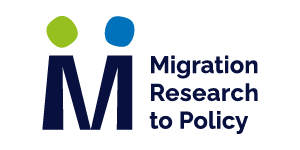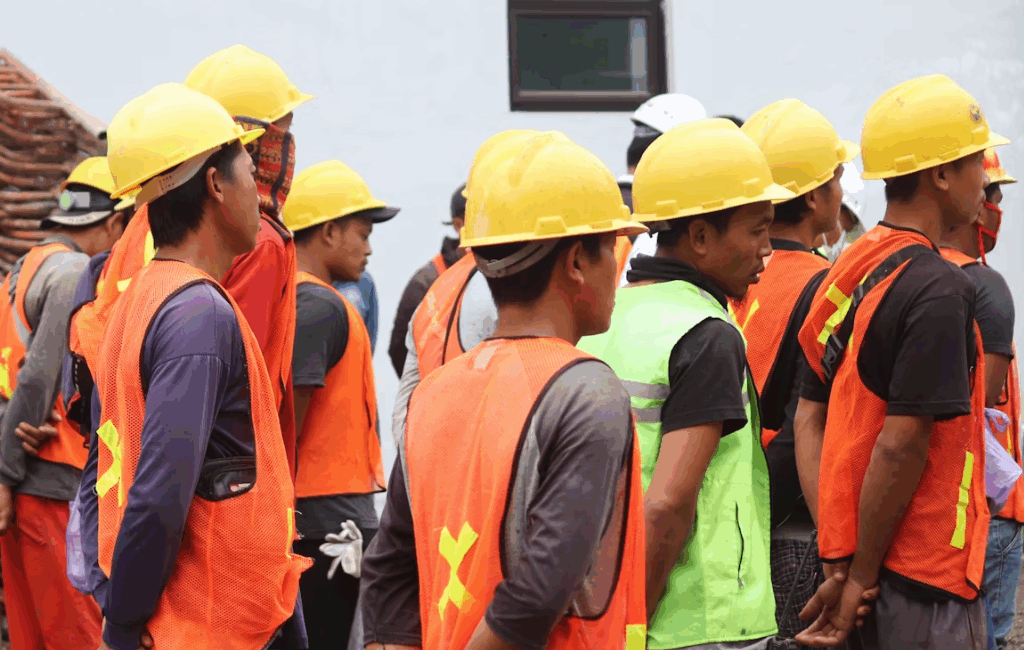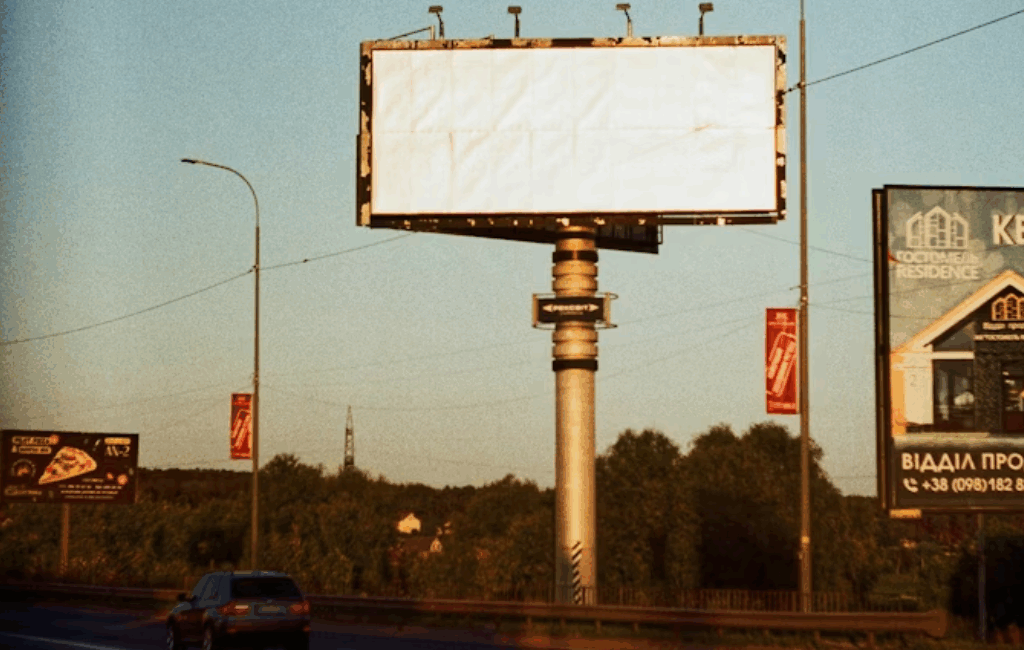
RESEARCH EXCHANGE
More research, less impact: An evidence paradox?
Author
About
Eleonora Milazzo and Andrew Geddes
research to policy
Over the past two decades, migration research in Europe has expanded dramatically. The EU alone has invested over €160 million since 2014 in migration research—much of it designed with the explicit aim of influencing policy and practice.
Yet despite this record investment, a paradox has emerged:
· We see a growing body of evidence, yet a perception of limited policy impact.
· There is unprecedented demand for facts, but political discourse often remains resistant to evidence.
· Projects must demonstrate “impact pathways,” yet few see their findings meaningfully taken up.
This ‘Short’ reflects on what we call the evidence paradox—marked by more research and less real-world impact. Drawing on interviews with over 70 researchers and research users involved in 38 Horizon-funded migration projects, we explore why meaningful collaboration between research and policy remains so elusive, and how the Migration Research to Policy Co-Lab was created in direct response.
This paradox matters. In an era of polarised discourse and policy pressure, the failure of well-funded research to influence decisions leaves space for anecdote, ideology, and misinformation to dominate. It undermines the very promise of evidence-based policymaking.
So how do we break the cycle?
To better understand the roots of this disconnect, we conducted in-depth interviews with over 70 researchers, policymakers, and practitioners involved in Horizon Europe-funded migration projects.
We asked them:
- What does effective engagement actually look like?
- What conditions allow collaboration to thrive—or cause it to fail?
- What practices help research findings travel beyond project reports and into the hands of policymakers?
These were large, multidisciplinary initiatives—designed with engagement goals and impact strategies in mind. Still, many participants described a frustrating gap between intention and influence.
Their experiences highlighted that the challenge is not just technical—it’s structural and relational. It affects how knowledge circulates, how trust is built, and how decisions are made in real time.
What did researchers and research users tell us?
Policymakers, practitioners, and researchers all recounted to us multiple challenges in the joint generation, dissemination, and implementation of evidence.
Four factors advance or hinder collaboration:
- Timing and timeliness
Researchers and research users told us about their ambivalent engagement experiences due to differences in approaches, priorities, and timeframes. Research tends to have a longer-term perspective that doesn’t fit easily with the more immediate demands of policymaking. - Building early engagement
Building stronger research-policy relations depends upon strong stakeholder engagement strategies from early stages of the project, clear communication of project outputs and findings, and the involvement of knowledge brokers such as think tanks who bridge academic research and policy within project consortia. - Capacity gaps
Time management and funding allocation issues as well as the lack of engagement know-how can often lead project partners to favour academic outputs at the expense of policy-oriented ones. - ‘Impact’ as a metric of success is contested
Researchers and non-researchers alike see policy change or quantitative indicators of evidence uptake as simplistic or unrealistic criteria. Instead, the success of project outputs is viewed in relation to the engagement processes that are built around them, particularly co-creating with the users of research . The prospects of research uptake in the post-project phase are also highly uncertain due to the lack of dedicated follow-up or monitoring tools.
- Timing and timeliness
Even where engagement was taken seriously, many told us that mandated “impact pathways” often failed to translate into practice. Instead, engagement could be unclear, rushed, or symbolic—limiting the potential for real-world influence.
What can help address this paradox?
Our findings show that building more systematic and structured research-policy engagement is not simple and cannot be guaranteed. Even with significant resources and talented teams, research projects cannot eliminate the basic differences between research and policy agendas, but they can potentially be mitigated to build more effective engagement
The Migration Research to Policy Co-Lab was created as a direct response to this gap. Instead of treating engagement as a reporting requirement or afterthought, the Co-Lab places it at the centre of inquiry—as a subject worthy of its own learning, experimentation, and investment.
Here are four key takeaways based on the insights of researchers, policymakers, and practitioners:
- Embed engagement as a criterion for Horizon project success for both project partners and stakeholders with the level and depth of engagement as a more effective and realistic tool to track incremental progress.
- Balance research-driven and policy-oriented objectives from the earliest stages of the project design phase while also integrating dedicated engagement tools and resources into project design.
- Build institutionalised engagement capacity early within project consortia to ensure that evidence is presented in an accessible and actionable way.
- Plan for follow-up tools in project proposals, including dedicated time for impact evaluation and resources for post-project dissemination efforts.
- Embed engagement as a criterion for Horizon project success for both project partners and stakeholders with the level and depth of engagement as a more effective and realistic tool to track incremental progress.
Eleonora Milazzo is a Research Fellow at the Migration Policy Centre (EUI), where she works on the INNOVATE project.
Andrew Geddes is a Professor of Migration Studies and the Director of the Migration Policy Centre and coordinates the INNOVATE project.
Learn more about the mission of the INNOVATE project and the partners behind it, the creators of this Co-Lab.
Submit your idea for a ‘short’ to be featured on the Co-Lab.












